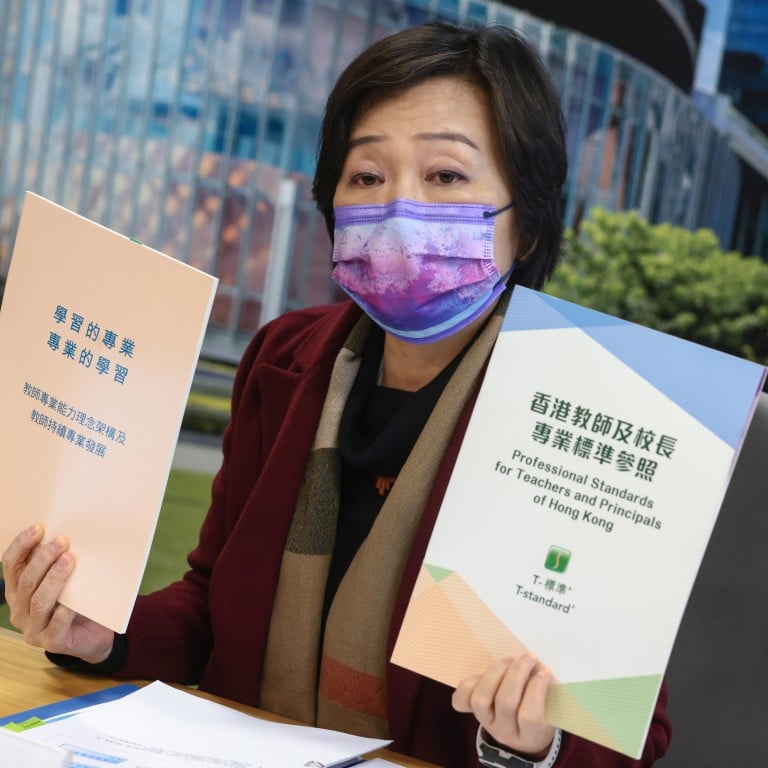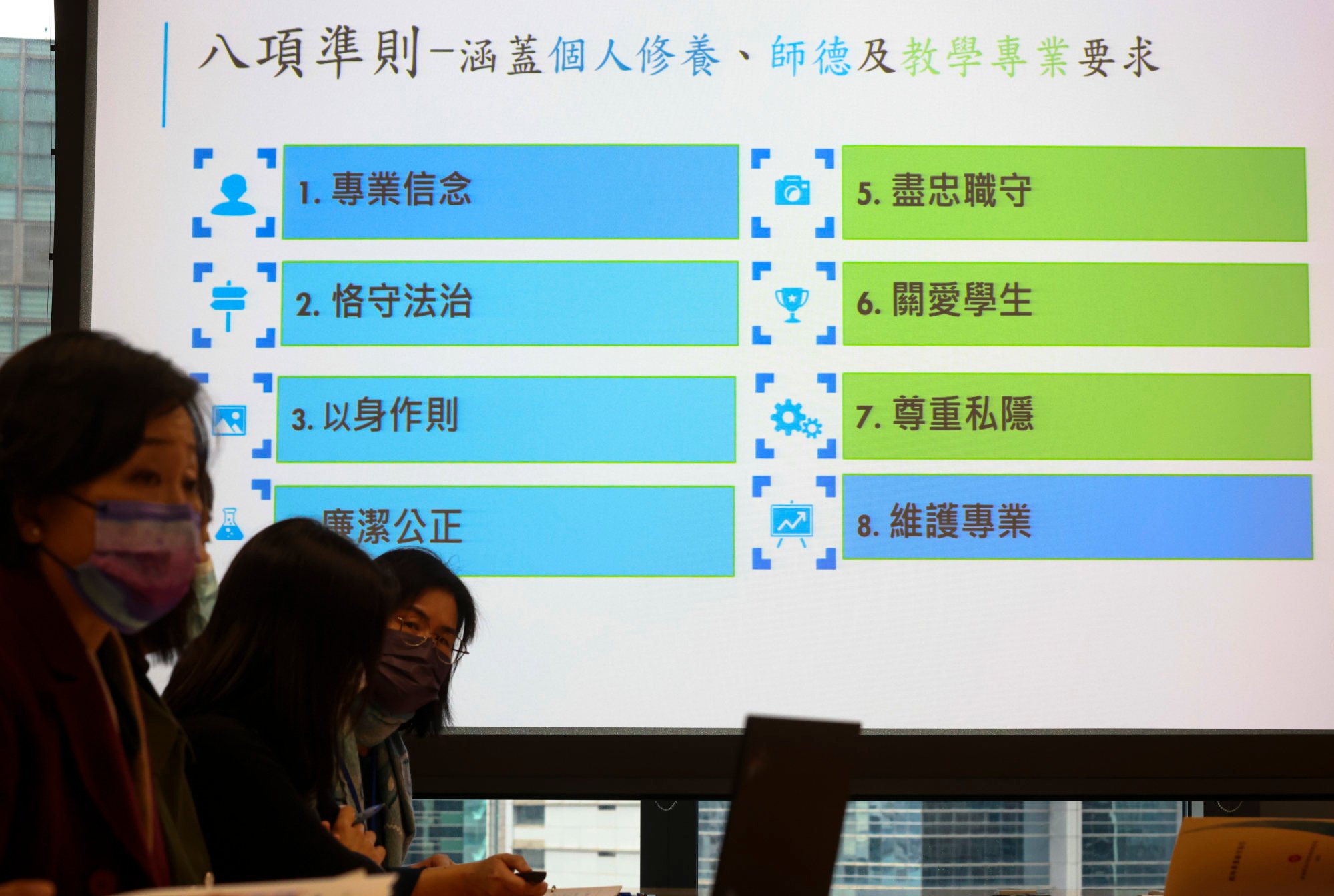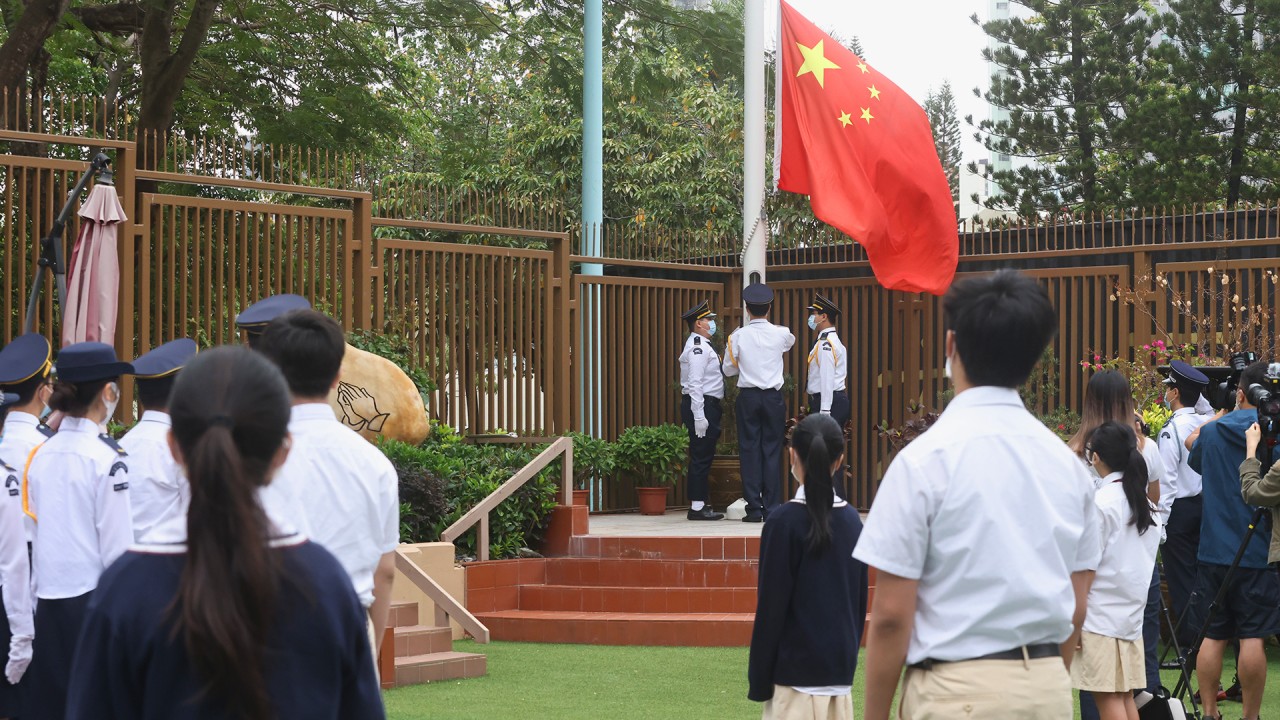
It’s good to have teacher conduct standards in Hong Kong but education is everyone’s concern
- It is too easy to project fears onto the education policy and scapegoat teachers for problems we are partly responsible for
- The post-2019 reconstruction of values is more than just about national security; good education is everybody’s responsibility
In Australia, due to the declining student performance in international standardised tests, politicians became anxious over “teacher quality”. So the federal government has introduced a suite of reform initiatives over the past decade, including the development of Australian Professional Standards for Teachers in February 2011. But the policy has bred new challenges.
Australian teachers need to grapple with more red tape and scrutiny than before. They feel that their work is becoming more tightly controlled, and their autonomy to innovate pedagogy is diminishing. The achievement gap between rich and poor children is widening. This is the sad reality in many state schools in Australia.
To be fair, we can’t jump to the conclusion that the new policy in Hong Kong will lead to outcomes similar to what has been seen in other jurisdictions. Most requirements spelled out in the new guidelines are quite sensible and I believe most Hong Kong teachers abide by them. That a teacher is intentionally teaching wrong things to students is beyond the pale.
One strange thing about the idea of “teacher professionalism” is that it only expresses our ideals, while the contradictions, challenges and turbulent emotions in teachers’ work cannot be fully captured in this idea. In one case example given in the new guidelines, a teacher was described as “mishandling student discipline” because he/she had “failed to control his/her emotions [and] pulled the student by the collar and asked the student to leave the classroom”.
It is a less than positive way to handle student discipline. We all know how to criticise this teacher and call him/her “unprofessional”. Rarely do we probe further.
Can a utilitarian educational culture and school governance policy enable teachers to teach with authority and respect, and not with abuse of power? What is the legal basis for teachers to exercise punishment in school, according to other policy documents such as the guidelines on student discipline?

We all agree on general principles such as caring for our students and being well-prepared for teaching. But how much do we know about the work of teachers? And how much do we talk about the care for teachers when they have to bear so much emotional labour every day?
These are fundamental questions that all stakeholders – teacher educators in universities, school managers, teachers, parents and so forth – have to think about more seriously. It is quite easy for people to project their own fears onto the education policy and scapegoat teachers for problems that we are also partly responsible for creating.
Many Hong Kong schools get failing marks on national security teaching
The new guidelines are more straightforward than the previous version. However, good education is more than a list of things that a teacher can or cannot do.
Dr Henry Kwok, a former teacher in Hong Kong and former senior lecturer in the School of Education and Languages at the Open University of Hong Kong, is a research fellow at Griffith University in Brisbane, Australia


